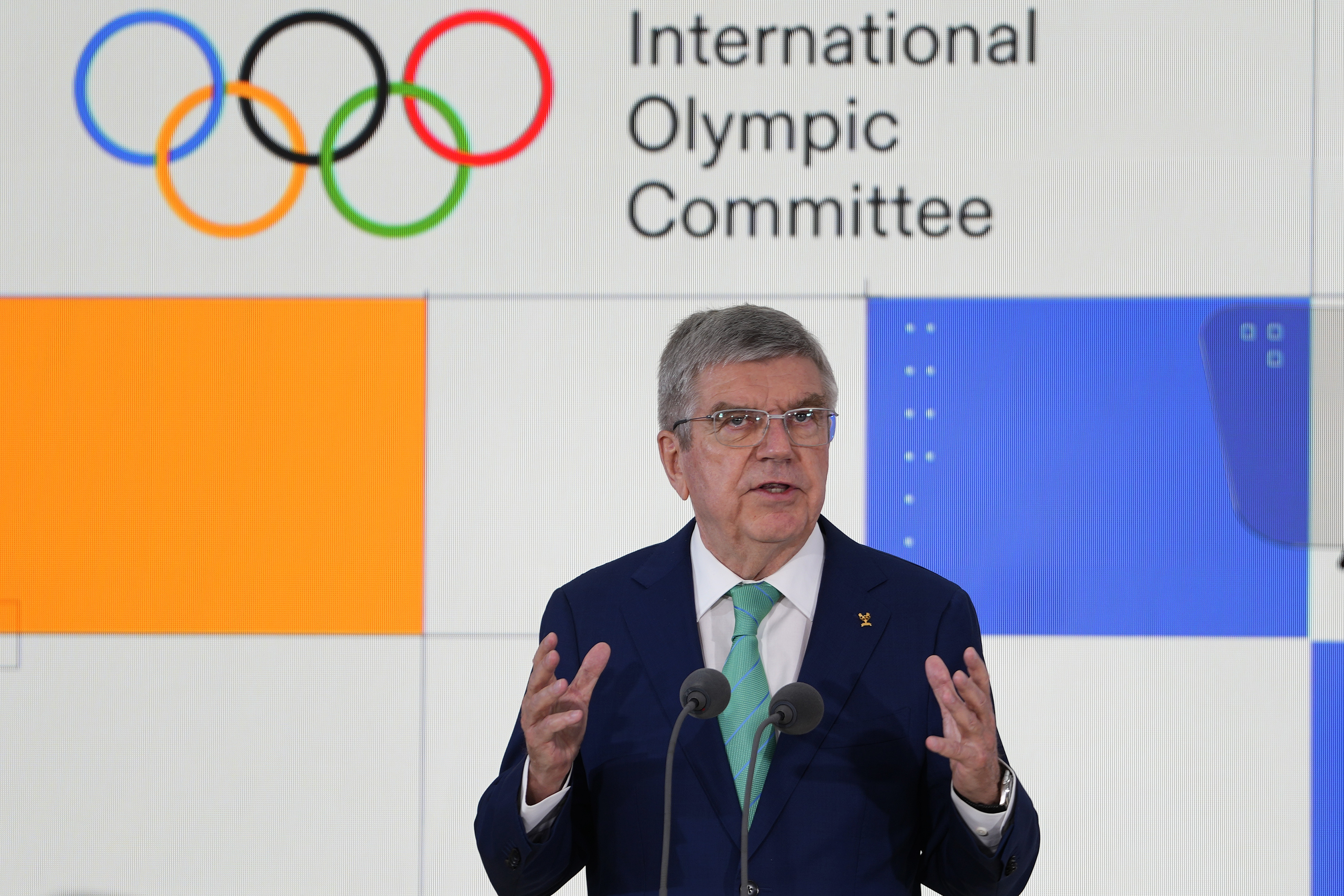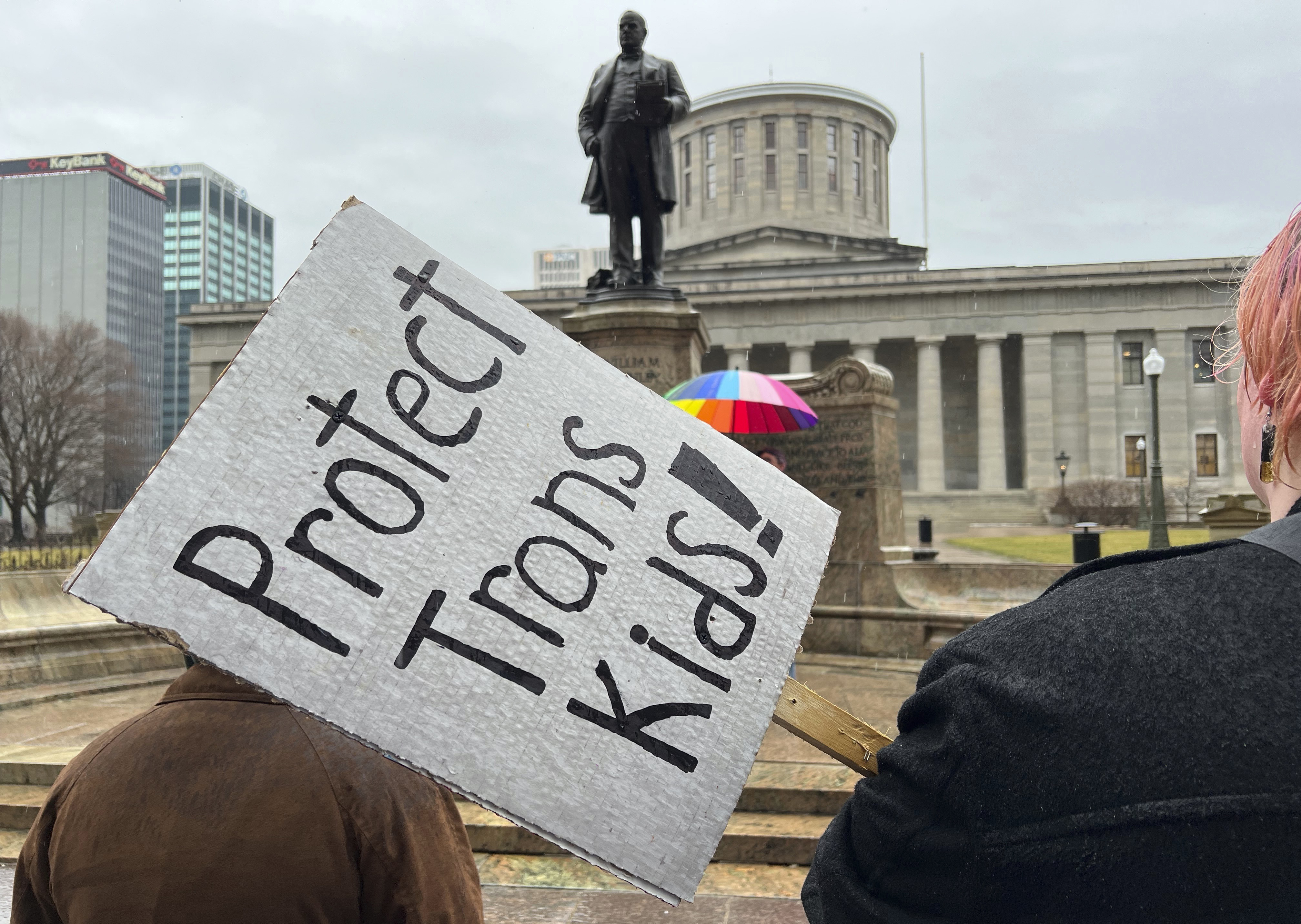Now what?
That's what California state legislators must be asking themselves in light of the revised costs and funding difficulties for the state's high speed rail project.
It appears that the wheels may be coming off this train before the first mile of line has been built.
According to new Field Poll results, by more than a two-to-one margin, voters want the legislature to revisit the $9.95 billion bond approved by the electorate in 2008 through a new ballot proposition.
The original commitment authorized a down payment for the project designed to bring high speed rail connecting southern California and the Bay Area.
It's an understatement to say that conditions have changed.
At the time of voter approval, the estimated cost was $43 billion; revisions have the new cost at $98.5 billion, with an additional decade before the project is completed. No wonder that voters are not only scratching their heads but clutching their wallets.
As if this development isn't bad enough, the Republican majority in the House of Representatives is now determined to reduce federal support for high speed rail, with the few dollars left dedicated to the northeast corridor between Washington and Boston.
Opponents of high speed rail claim that the combination could leave California on the hook for most of the remaining $88.5 billion, something almost inconceivable in light of California's current budget crisis.
Proponents counter that all huge infrastructure projects seem overwhelming in the beginning but more than pay for themselves over time. They cite the state's huge statewide water project of the early 1960s as a case in point.
Still, it's hard to buck public opinion, especially in hard times.
The same Field Poll found that if the voters were asked about the $9.95 billion bond today, they would reject it by a margin of nearly two-to-one. Numbers like those mean a lot, especially as the 2012 elections near.
When the legislature resumes its work in January, the members are likely to take heat for the next round of spending reductions triggered by inadequate revenues. That's bad enough.
U.S. & World
News from around the country and around the globe
But asking the voters to accept the uncertainties of expensive high speed rail against more cutbacks may be more than they are willing to swallow.
Let us know what you think. Comment below, send us your thoughts via Twitter @PropZero or add your comment to our Facebook page.



